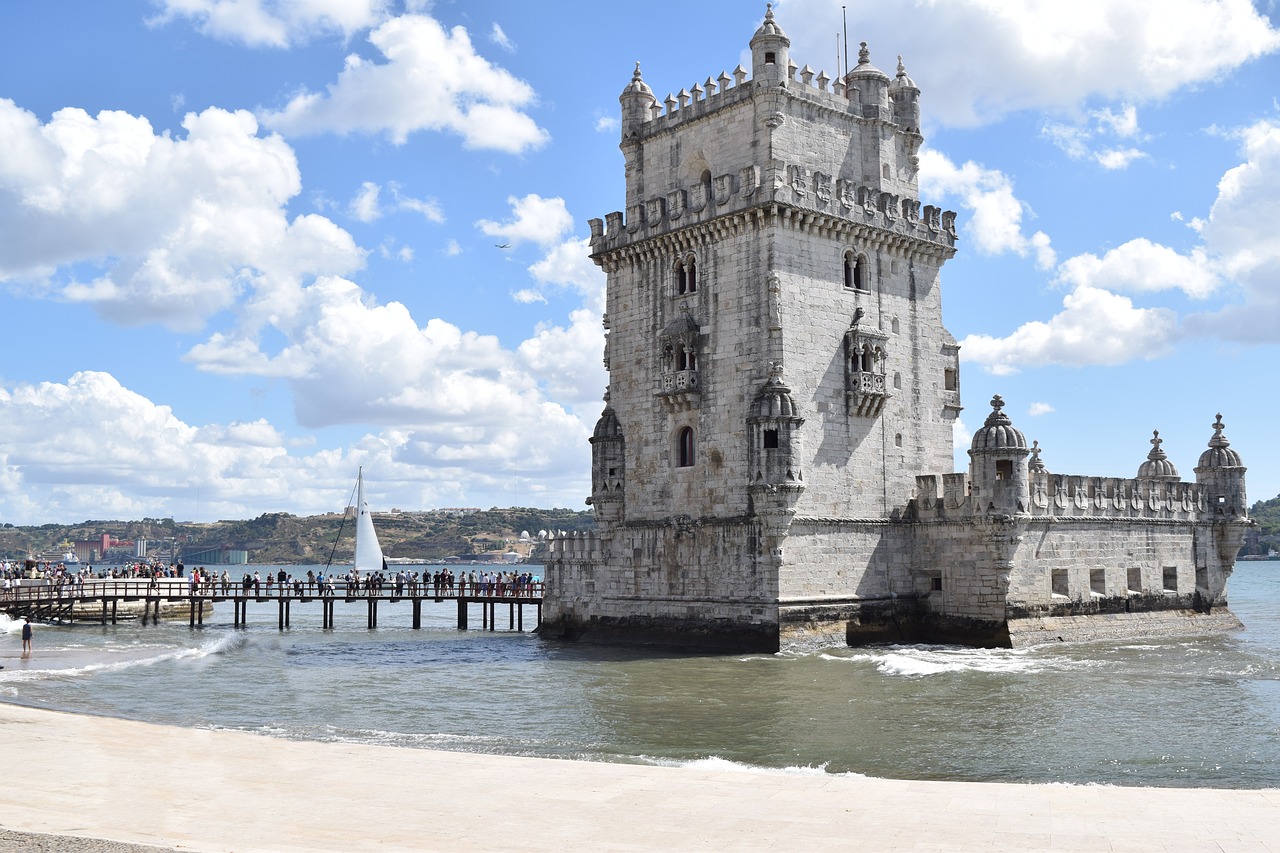Portugal Video
Visa and Stay Regulations for Digital Nomads in Portugal
Portugal has become an increasingly popular destination for digital nomads due to its beautiful landscapes, vibrant culture, and favorable visa and stay regulations. As a digital nomad, it’s essential to understand the specific requirements and options available to ensure a smooth and legal stay in Portugal. This article will provide a comprehensive guide to visa and stay regulations for digital nomads in Portugal.
Residence Visa Options
To legally reside in Portugal as a digital nomad, you have several visa options to consider. These include the D2 Visa, the Golden Visa, and the Non-Habitual Resident (NHR) program.
D2 Visa:
- Overview: The D2 Visa, also known as the Self-Employment Visa, is suitable for digital nomads who plan to work independently or start their own business in Portugal.
- Requirements: To qualify for the D2 Visa, you must demonstrate sufficient financial means to support yourself and your business activities in Portugal.
- Application Process: The application process involves submitting various documents, including a business plan, financial statements, and proof of accommodation.
- Duration: The D2 Visa initially grants a residence permit for one year, which can be renewed for subsequent periods of two years.
Golden Visa:
The Golden Visa is an attractive option for digital nomads who wish to obtain residency in Portugal by making a significant investment in the country. It offers various investment routes, such as real estate, job creation, or capital transfer.
Real Estate Investment:
- Overview: By investing a minimum amount in Portuguese real estate, you can qualify for the Golden Visa.
- Requirements: The minimum investment threshold varies depending on the location of the property, with lower thresholds for properties in low-density areas or properties requiring renovation.
- Application Process: The application process involves providing documentation related to the real estate investment, such as purchase contracts, property deeds, and proof of investment funds.
- Duration: The Golden Visa initially grants a residence permit for one year, which can be renewed for subsequent periods of two years.
Non-Habitual Resident (NHR) Program:
The Non-Habitual Resident (NHR) program is a tax regime that allows eligible individuals to benefit from favorable tax treatment in Portugal. It is particularly advantageous for digital nomads with foreign-sourced income.
Qualification:
- Overview: To qualify for the NHR program, you must become a tax resident in Portugal and meet certain criteria, such as not having been a tax resident in Portugal in the previous five years.
- Benefits: Under the NHR program, eligible individuals can benefit from tax exemptions or reduced rates on certain types of income, such as foreign pension income, dividends, and royalties.
- Application Process: The application process involves registering as a tax resident in Portugal and applying for NHR status with the Portuguese tax authorities.
- Duration: The NHR program is valid for ten consecutive years, providing a significant tax advantage for digital nomads during their stay in Portugal.
Stay Regulations
Once you have obtained a suitable visa or residency status, it’s important to understand the stay regulations in Portugal to ensure compliance with the law.
Length of Stay:
- Overview: Digital nomads can generally stay in Portugal for up to 90 days within a 180-day period without a visa or residence permit.
- Extension: If you wish to stay longer than 90 days, you must obtain a suitable visa or residence permit, such as the D2 Visa or Golden Visa.
- Registration: Regardless of your visa or residency status, you must register your stay with the Portuguese Immigration and Borders Service (SEF) within three working days of your arrival in Portugal.
Cost of Living
Understanding the cost of living in Portugal is crucial for digital nomads planning their stay. Here are some key factors to consider:
Housing:
- Rental Market: Portugal offers a range of accommodation options, from apartments to houses. The rental prices vary depending on the location, size, and quality of the property.
- Utilities: Utilities, including electricity, water, and internet, are reasonably priced in Portugal.
Transportation:
- Public Transportation: Portugal has an extensive public transportation network, including buses, trains, and trams, making it convenient and affordable to travel within the country.
- Car Rental: Renting a car in Portugal is also a popular option for digital nomads, providing flexibility and convenience for exploring the country.
Healthcare
Access to healthcare is essential for digital nomads, and Portugal offers a well-developed healthcare system. Here are some key points to note:
Public Healthcare:
- Serviço Nacional de Saúde (SNS): The SNS is Portugal’s public healthcare system, providing free or low-cost healthcare services to residents.
- European Health Insurance Card (EHIC): EU citizens can use their EHIC to access healthcare services in Portugal.
Private Healthcare:
- Private Health Insurance: Many digital nomads opt for private health insurance to access private healthcare facilities and services.
- International Coverage: It’s important to ensure that your health insurance provides coverage in Portugal and includes emergency medical evacuation if needed.
Conclusion
Portugal offers a welcoming environment and favorable visa and stay regulations for digital nomads. Whether you choose the D2 Visa, Golden Visa, or NHR program, it’s essential to understand the specific requirements and options available to ensure a legal and enjoyable stay in Portugal. With its stunning landscapes, rich culture, and vibrant cities, Portugal is an ideal destination for digital nomads seeking a balance between work and leisure.
References
– SEF Portugal: www.sef.pt
– Portugal Golden Visa: www.portugalgoldenvisa.pt
– Non-Habitual Resident Program: www.portaldasfinancas.gov.pt
– Serviço Nacional de Saúde (SNS): www.sns.gov.pt


